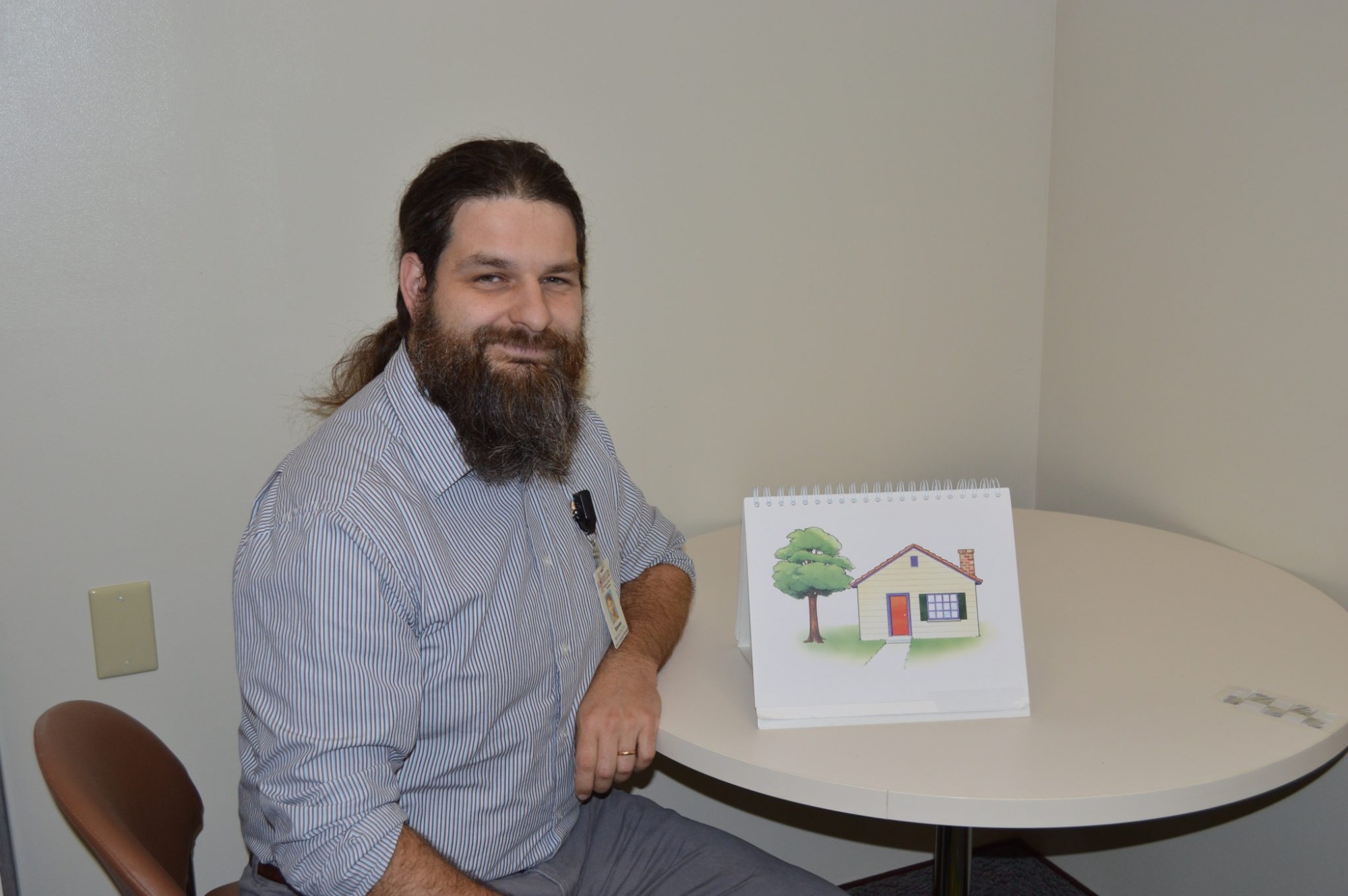How to avoid “Brain Drain” This Summer

It’s summertime again. Children tend to do worse on academic tests after summer vacation, sometimes referred to as “brain drain.” Math and spelling also are more likely to get worse over summer break. And of course, if children are already falling behind or a poor readers, summer vacation can have an even greater impact.
For those who would like to know more about how to help children reduce “brain drain” over the next few months, here are some helpful language-based activities that parents, grandparents, and siblings can put into action.
- Check out a new book from the library and encourage children to read more by offering a prize or reward.
- Remember to ask questions about whatever children are reading; this helps improve literacy, sequencing, and comprehension skills. It also holds them accountable.
Here are a few examples of questions to ask:
- “What do you think will happen next?”
- “What is the main problem in the book?”
- “How would you fix it?”
- “What happens in the beginning, middle, and end of the story?”
- “What was your favorite part of the story?”
- Family game night provides an opportunity to socialize while promoting language skills.
Here are some examples of word-based games:
Apples to Apples, You’ve Been Sentenced, Baffle Gab, Scrabble, Bananagrams, Quiddler, Scattegories, Dabble, Word on the Street, Wordical, Boggle, MadLibs, Alphabet game, Heads Up (electronic app).
Games for younger children:
Howl Owl Hoot, Cranium Hullabaloo, Candyland, Memory, Chutes and Ladders, I Spy
- A walk is a great way to get exercise, reduce stress, and incorporate language skills. While walking, encourage conversation by asking open-ended questions or observations (e.g., “I wonder what this is?”). Talk about the things you see and hear. Make a list of items you might see and go on a scavenger hunt.
- Digital Diet: with children staying home more, it can be tempting to fill the day with more screen time, but keep in mind that this is a poor substitute for the socialization or exercise they would get at school. Talk over text whenever possible and have phone-free zones in the house; for example, at the kitchen table or during family game night.
For very young children, everyday family routines (e.g., getting dressed, mealtime, bath time, etc.) can provide opportunities to practice language skills. Mealtime is a great time for requesting food items. Wait for your child to request his favorite snack by giving him just one small piece or tempting him by placing the food item out of reach.
Here are a few examples of language-building techniques for young children:
- Following directions: “Give me the _____.”
- Show them two different toys to identify: “Which one is the _____?”
- Identify body parts: “Touch your _____.”
- Naming toys: “What is this called?”
- Modeling sounds and words: Think of nouns and verbs related to the activity and say them out loud as often as possible to build vocabulary (some children need to hear a word 100 times before they learn it).
- Expand single words into phrases: Build onto single words to make longer and longer phrases, but don’t make them too long (e.g., time for bath, wash face, all done, arms up, shirt on, time for bed, more please, etc.).
For concerns about your child’s speech or language skills (e.g., late talker, difficult to understand, poor reader, or poor speller) talk to your doctor about visiting a Speech-Language Pathologist for an evaluation. For additional questions or concerns, feel free to contact the Speech Therapy Department at Veterans Memorial Hospital at 563-568-3411.
by Steven Mazzafield, Speech Pathologist, Veterans Memorial Hospital

